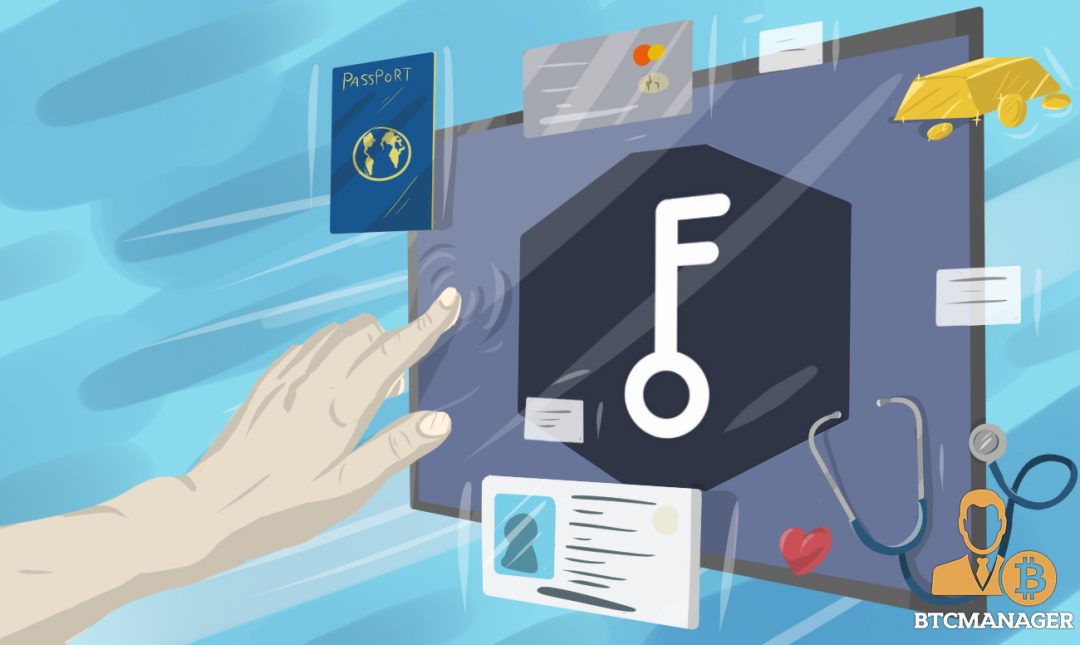SelfKey: Putting Users at the Centre Of Identity Management

For billions of people around the world, the Internet has become an intrinsic part of daily life. It has opened an endless number of opportunities that we could never have even thought possible just a few years ago.
And even better? It’s showing no signs of slowing down.
Life as we know it is being disrupted by digitization. With the introduction of the blockchain, we’re about to see another massive shift. Many are anticipating the development of blockchain to enable the new Internet 3.0.
The Current State of Identity Management… And Why It’s No Good
Yet despite this disruption, we don’t have to look far to notice that many of the processes of our everyday lives have yet to catch up. Most notably, our identity systems.
Identity verification is slow, clunky, and outdated. Signing up for almost any government service is annoying and tedious, and the current systems don’t integrate well with one another at all.
As if this isn’t already bad enough, almost all of these identity systems are centrally planned and managed. We’re essentially handing our own identity over to someone else to take care of.
The Solution?
Putting users right back into the center of the Identity Management Process – a concept known as Self-Sovereign ID, that enables an Identity Ecosystem where users can transfer value among the participants.
And that’s exactly what SelfKey enables users to do.
SelfKey is a Blockchain-Based End-to-End Digital Identity System
SelfKey gives users full control of their own personal data and allows them to instantly apply for passports, residency, and financial services in a safe and secure manner.
One of the main features of the SelfKey Network is the SelfKey Identity Wallet. This lets users access and manage identity documents, such as passports and bank account statements, which will be stored on the user’s device. This removes the need to have sensitive data held by a third-party on a vulnerable centralized database.
The SelfKey Identity Wallet, paired with the cryptographic key, will also allow users to digitally sign documents, request identity checks, and certify personal documents. They can then use these documents to access products or services without relying on third parties (such as banks or the government), which can save huge amounts of time when completing tedious applications.
Processes such as opening a company bank account, applying for residency in another country, incorporating a company, or buying gold – things that were previously tedious and burdensome due to Know-Your-Customer (KYC) processes that are currently required to take place – will become simple and straightforward. The irritation, manual paper-intensive processing and checking that we’re currently used to will no longer be required.
A few of the many services available at launch will include:
- Citizenship by Investment Programs
- Token Sales
- Money Remittance Services
- International Insurance
To view more services, take a look at the marketplace demo!
SelfKey’s KEY Token
This SelfKey Network will be powered by KEY, which is an ERC20 token. This KEY token will provide access rights within the identity system, and can also be used as a payment unit, which will be required to carry out certain actions.
For example, to get a document from his personal wallet certified by a lawyer, the Identity Owner will be required to pay KEY tokens to the Certifier. After certifying the documents, the Certifier will then send the documents back to the Identity Owner, who will then share them with the Relying Party, such as the bank, to apply for a product or service, such as opening a bank account.
In this case, the bank would require a KEY payment from the Identity Owner to conduct the KYC process. The bank would then send a KEY payment to the Certifier each time a certification is made to onboard a customer.
The Future of Identity Management
As the world continues to become more digital, it is only becoming increasingly clear that you are the best person to manage your identity.
Of course, SelfKey’s self-sovereign identity system is only a partial solution to this ever-growing problem. But it’s undeniable that this distributed technology could be just what we need to pave the way forward for our evolving global society.













